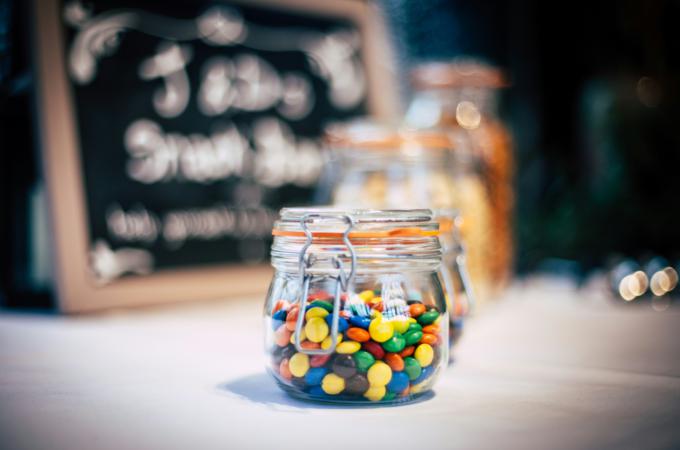Chewing gum and holy Communion
Q. At a recent Mass I attended, I noticed a teenager seated near me who was chewing gum during the Mass. I was not overly alarmed because I have seen other people (of all ages) chew gum at Mass. But I was appalled when I watched that young man parade forward to receive holy Communion while still chewing his gum. Should the priest have refused to give him Communion? (West Linn, Oregon)
A. Canon law (Canon 919.1) tells Catholics that they are to abstain from all food and drink (with the exception of water or medicine) for at least one hour before receiving holy Communion. The reason, of course, is to remind us how special the Eucharist is, nourishing us for life eternal. Nowhere does canon law define precisely what constitutes food and what does not.
Some, I suppose, might argue that since sugar-free gum has no nutritional value, it does not qualify. But I would tend to differ; in my mind, gum of any kind profanes the mouth as a receptor for Communion and should be avoided.
As to your question, though, I would not as a priest refuse to give the young man holy Communion. Why take the risk of embarrassing him and having him feel uncomfortable at that church or, perhaps, at any Eucharist?
Why not instead seek him out after Mass and chat with him as to the appropriateness of chewing gum before receiving Communion? And if the problem is as common as you indicate, perhaps an occasional reminder in the church bulletin might help.
Q. I know that for some years the Vatican has been studying the cause for sainthood of the French priest Leon Dehon. Will Pope Francis canonize him in spite of that priest's anti-Semitic writings? (Tigard, Oregon)
A. Father Dehon, who died in 1925, was the founder of the priests of the Sacred Heart of Jesus. In 1997, he was declared venerable by the Vatican. His beatification had been scheduled for April 24, 2005, but that ceremony was postponed because Pope John Paul II had died just three weeks earlier.
When Pope Benedict XVI was elected, he suspended the beatification process and set up a commission to conduct further studies of Father Dehon's writings. Concern had been expressed -- particularly by the archbishop of Paris, Cardinal Jean-Marie Lustiger -- about the priest's anti-Semitic rhetoric. (In his 1898 "Social Catechism," Father Dehon wrote that Jewish people "willingly favor all the enemies of the church.")
Soon after Pope Benedict ordered the hold, Father Dehon's own religious order's publication "Il Regno" acknowledged in an editorial that Father Dehon's writings had at times reflected the "widespread prejudices of the Catholic Church of the 19th century" regarding Jewish people.
In 2015, in off-the-cuff remarks while meeting in Rome with priests of Father Dehon's congregation, Pope Francis made reference to "the almost-blessed Dehon." Since that time, I have seen no further information on Father Dehon's cause for sainthood -- which makes me think the matter is still on hold.
Speaking to an Italian journal in 2015, Father Jose Carlos Brinon, a Spanish priest who had been charged with promulgating Father Dehon's cause, said: "Of course I would like to see Leon Dehon beatified, but not at the cost of our friendship with the Jewish people."
- Father Kenneth Doyle is a columnist for Catholic News Service



















